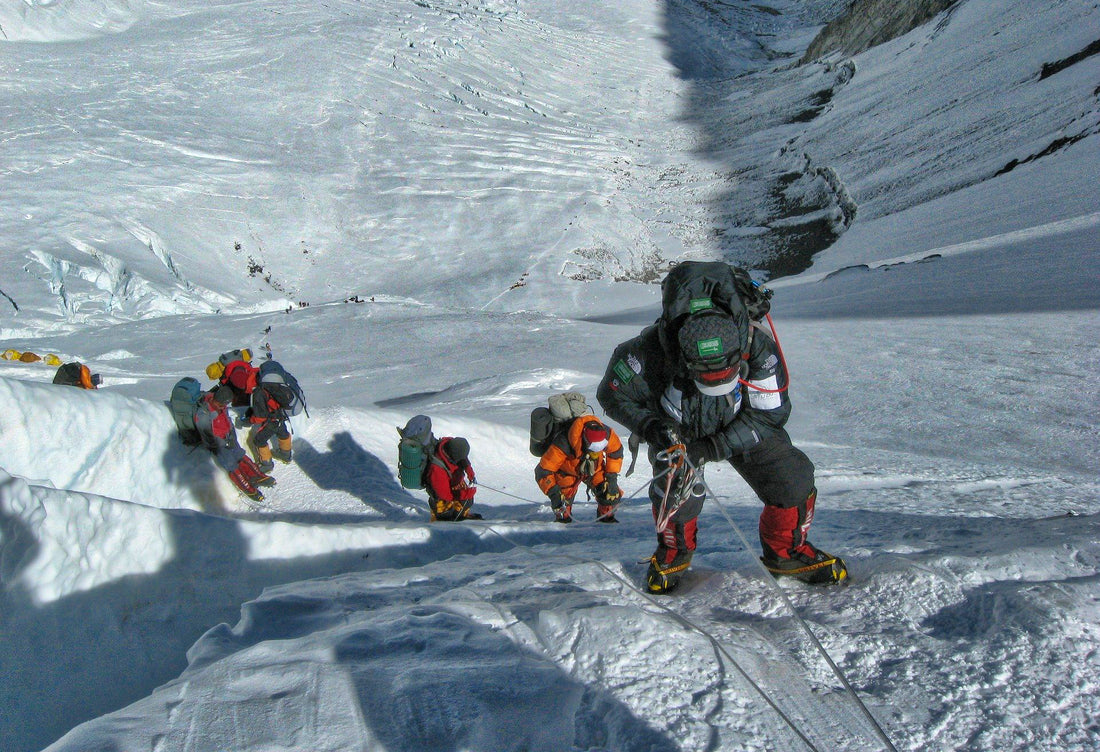
How to Build Mental Resilience as an Athlete During a Pandemic
Share

Ever since Covid-19 arrived on our shores one and half year ago, our lives and habits have gone on a protracted, seemingly endless roller coaster ride. In nearly every instance where things seemed stable and safety distancing measures were relaxed, the irrepressible Covid-19 virus adapted and re-emerged, stronger and more virulent, bent on wreaking havoc on any plans of recovery. This relentless assault has led to pandemic fatigue for many.
What is pandemic fatigue? According to the W.H.O., this is defined as “as demotivation to follow recommended protective behaviours, emerging gradually over time and affected by a number of emotions, experiences and perceptions.” Honestly, this common definition doesn’t really cover the full extent of what this term implies. Most Singaporeans by and large are respectful and mindful of safe distancing measures. Yet, even the most mentally resilient and healthy ones among us are constantly reminded of the pandemic by the face masks we have to don when out and about. Even a simple trip to the beach is not without its caveat. Some beaches are zoned and demarcated, and Tracetogether check-ins are common on weekends. Sometimes you need to book ahead for a slot on a popular beach. Pandemic fatigue can lead to burn out, which is a more serious condition than a mere “demotivation” to follow rules.
This pandemic has dragged on for so long, it’s like being on a race with no finishing line. For the active ones among us, how can we build mental endurance to weather this difficult period in our lives?
Acknowledge Your Feelings
Firstly, you need to know you’re not alone in feeling this way. Plenty of people are feeling just like you. Therefore, it is important for you to acknowledge what you’re feeling. Once you’ve identified those feelings, then you can work on dealing with and improving on your emotions.
As many of us have found out, even during pre-pandemic days, exercise is among the best panacea for dealing with stress. While it is not a cure-all, exercise is known to help release endorphins that will alleviate the negative emotions we’re feeling. After an exercise, we feel relaxed, we feel more motivated, we feel positive.
In the early days of the pandemic, authorities have called on the public to observe physical distancing rules. We quickly realised though, “physical distancing” is not the same as “social distancing”. While you may not be able to meet in large groups as before, meeting with your regular exercise buddies is still possible. Being able to exercise together is motivating. And it can certainly help build mental stamina for athletes. Therefore, when it is safe and productive to do so, try exercising with your buddies.
Regain Control Over Your Lives
Secondly, while we cannot control external factors that affect our lives, we can certainly control what we do with our lives. It is therefore important to prioritize our days and establish certain routines. For example, do we go to bed at about the same time every night? Do we have enough sleep? Do we have an exercise routine? Are we eating well? Now that many of us are still working from home, can we establish work-rest boundaries? When we establish routines, we are establishing a measure of control over our lives. In turn, this can result in positive mental and emotional wellbeing.
Develop Mental Resilience
Thirdly, we can learn something valuable from mountain climbers. Did you know that an average climb to the top of Mount Everest takes between 6 and 9 weeks? This includes periods for rest and acclimatization. Climbers will have to trek to base camp, then go through 4 more camps, each time returning to the last camp to adjust to the altitude before waiting for a window of opportunity for the final push to the summit. Only a small number make it.
In a study conducted by Shaunna Burke and Terry Orlick, they found out that successful Everest climbers have to “on focus, short-term goals, mental toughness, connecting with one's body, belief in personal capacities, feeling support from other climbers, and drawing on past climbing experience to help overcome obstacles and reach the summit.”
Among other factors, successful Everest climbers must possess mental toughness to overcome the physical challenges to reach the summit. The above study also mentioned that “belief in personal capacities”. Successful athletes are in agreement. We are all stronger than we think we are. And we are highly adaptable. Pacing ourselves, setting short-term goals and focusing on the positive feelings we derive from exercise will keep us going.
In conclusion, we can also draw an important lesson from mountain climbers and other endurance athletes: when physical fatigue sets in, view it as an opportunity and challenge. Instead of focusing on how far ahead is the summit or finishing line, focus on internal body sensations such as breathing and muscle tension. It is similar when dealing with pandemic fatigue. Do not focus on when the pandemic will end – it will end. Meanwhile, focus on the positive sensations gained from the short-term goals you can pursue. Maintain good personal routines and healthy habits and you will be the victor.
As always, when you do exercise outdoors, don’t forget your favourite pair of Sunday Shades. Sunday Shades are snug-fit, super-lightweight and comfortable and are immensely stylish. All Sunday Shades offer UV 400 protection and are polarized. Check out the entire range here!
